On the afternoon of October 29, the National Assembly continued to discuss in the hall the results of implementing the 2025 socio -economic development plan.
Speaking, delegate Ha Sy Dong ( Quang Tri delegation) said that, looking back at the entire term and more recently the last 2-3 terms, there were issues that were talked about over and over again, discussed over and over again many times but there was no significant improvement, and in some cases, the opposite was true.
Specifically, Mr. Dong mentioned the real estate market with skyrocketing house prices. According to the audit report of the Economic and Financial Committee, real estate prices in Hanoi and Ho Chi Minh City increased rapidly, ranking in the top 8 out of 220 major cities in the world in terms of real estate price compared to people's income.
"It would take an average income earner over 30 years of saving to be able to buy an average priced house in these two cities," said Mr. Dong.

Delegate Ha Sy Dong (Quang Tri delegation)
According to Mr. Dong, the Prime Minister has recently given very strong direction and hopes that with the participation of the National Assembly and all levels, sectors and localities, housing prices will cool down in the coming time. Along with that, during this term, the National Assembly has also simultaneously amended the Law on Real Estate Business, the Law on Housing, especially the Land Law.
Also in his speech, Mr. Dong shared that he was quite surprised that in Hanoi, people were required to provide copies of land use right certificates and citizen identification cards. In some places, commune and ward levels even issued notices that if people did not submit these documents on time, their rights would not be resolved.
"Honestly, even though I am not an insider, when I read that information, I felt very upset. Because both types of documents mentioned above are issued by the State, and are already on the management system of the State agency. However, people still have to print, photocopy, and submit them; officials have to go to each house to distribute information collection forms. If people do this, it will be time-consuming and they will be concerned about the security and storage of personal information; and if they do not do this, they will be afraid of being judged and having difficulties when handling other administrative procedures," said delegate Ha Sy Dong.
The delegate also mentioned that the authorities explained that this collection was aimed at "cleaning up national data on land", because there were still cases where land users transferred or inherited land by handwritten documents, or did not complete legal procedures, leading to incorrect data.
Mr. Dong said that it is only necessary to propagate and request information for these cases, and at the same time guide them to complete their documents according to regulations instead of requiring all people to submit copies of their red books and citizen identification cards.
"Most people only have one house and one red book. Creating additional procedures like this not only does not help "clean" data, but also creates more trouble, wastes time, human resources, and paperwork," said Mr. Dong.
Delegate Ha Sy Dong emphasized that cleaning up land data is necessary, but the way of doing it and communicating it to people must also be reasonable and understandable.
From the above issues, delegate Ha Sy Dong said that many shortcomings in real life are directly affecting people, clearly reflecting the gap between policies and policy implementation. Therefore, the root still lies in the fact that issued policies must be easy to understand, easy to implement, easy to control.
In the discussion session this morning, delegate Pham Van Hoa (Dong Thap delegation) also said that real estate owners, whether individuals or organizations, domestic or foreign, will have to provide full information, identification, address, area, type, quantity, duration and legal status of the property.

Delegate Pham Van Hoa (Dong Thap delegation)
From there, the data will be updated into the national information system on housing and real estate market, operating smoothly from the central to local levels, connecting with data on population, land, businesses, credit, and taxes.
However, according to Mr. Hoa, the fact that people have to photocopy land use rights to integrate into the national land database shows inadequacies in land and housing management, wasting people's travel time.
"There must be the best solution to avoid causing trouble, wasting people's money and time," said Mr. Hoa.
Source: https://vtv.vn/nguoi-dan-thu-nhap-trung-binh-mat-30-nam-tiet-kiem-moi-mua-duoc-can-nha-tam-trung-100251029164918664.htm


![[Photo] Fall Fair 2025 - An attractive experience](https://vphoto.vietnam.vn/thumb/1200x675/vietnam/resource/IMAGE/2025/10/30/1761791564603_1761738410688-jpg.webp)


![[Photo] Standing member of the Secretariat Tran Cam Tu visits and encourages people in the flooded areas of Da Nang](https://vphoto.vietnam.vn/thumb/1200x675/vietnam/resource/IMAGE/2025/10/30/1761808671991_bt4-jpg.webp)





















![[Photo] New-era Party members in the "Green Industrial Park"](https://vphoto.vietnam.vn/thumb/1200x675/vietnam/resource/IMAGE/2025/10/30/1761789456888_1-dsc-5556-jpg.webp)













































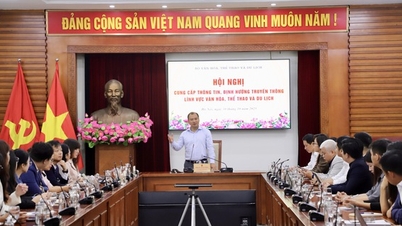

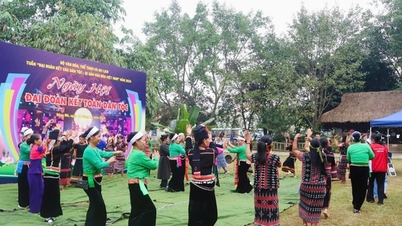
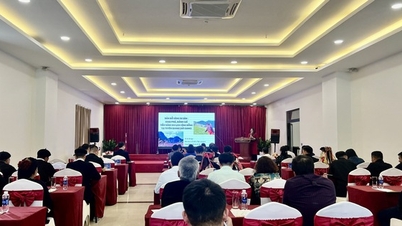







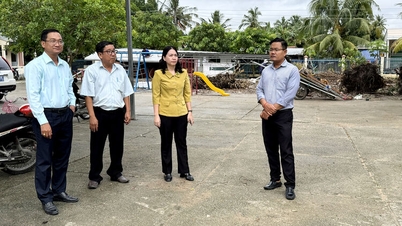













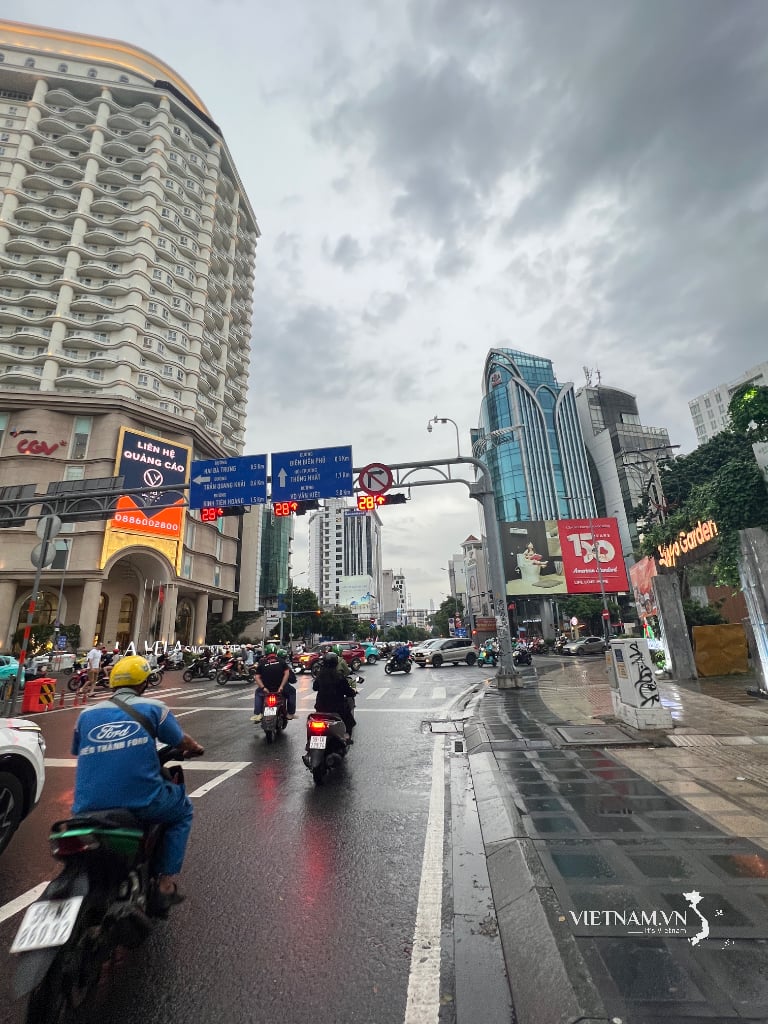


Comment (0)